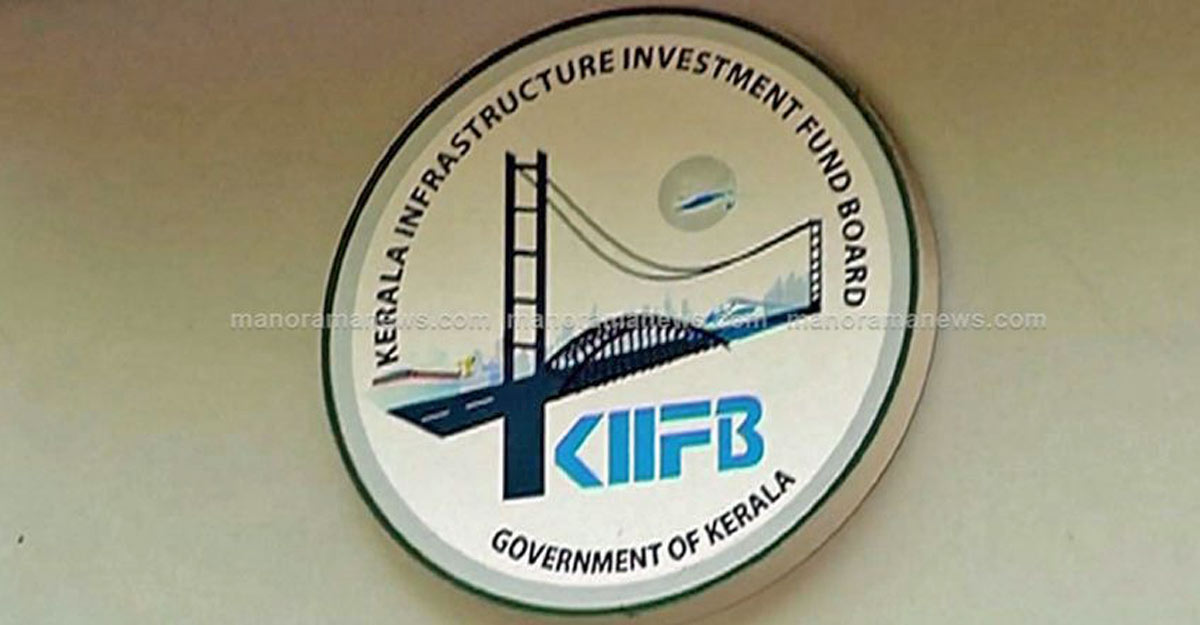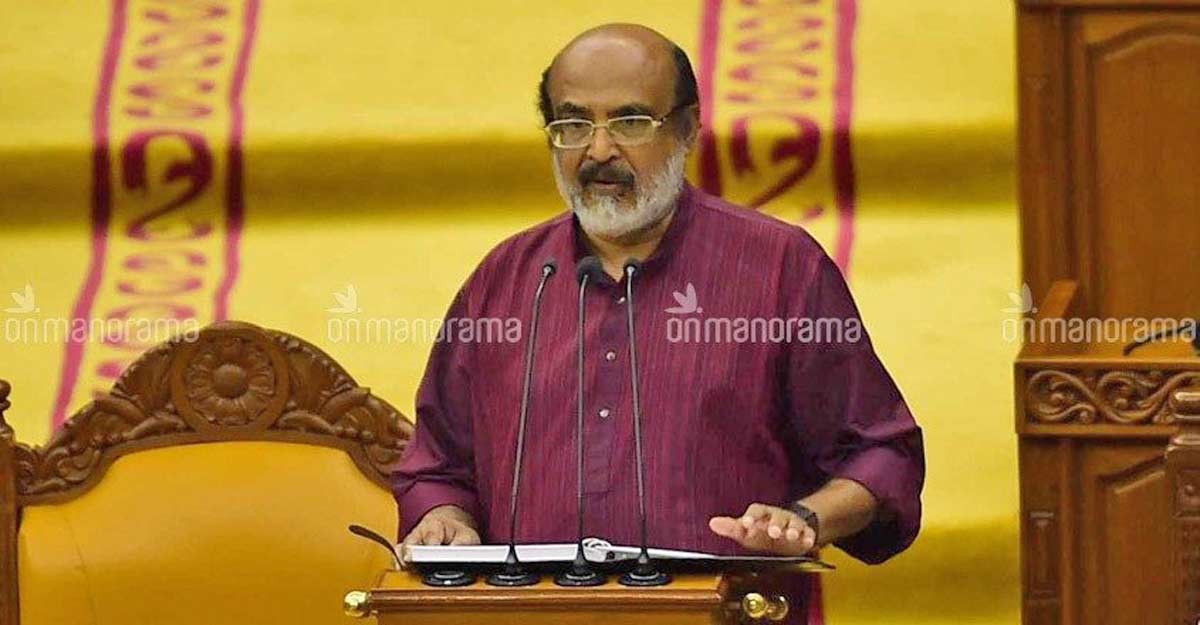Kerala budget: Isaaconomics' trademark slog

Mail This Article
For the last five years, Kerala's Finance Minister, Dr Thomas Isaac has been managing the State's stretched finances with his trademark elan and poise, even as the State has been rocked by one crisis after another - the Ockhi cyclone, two successive floods and COVID-19.
Even at the best of times, manning Kerala's Treasury would be a daunting task, buffeted as it is by increasing spends on salaries, pensions and interest payments for accumulated debt and weak revenue streams.
That the State Domestic Product is held up by the private consumption boost it receives in the tertiary sector arising out of NRI remittances is well-known – this makes up for the traditional lag in the primary (agri) and secondary (manufacturing) sectors.
An unabashed proponent of demand-stimulus measures for what is essentially a consumption-based economy, a passionate welfarist by ideological conviction but a pragmatist in his push for infrastructure development, the CPM leader's brand of "Isaacanomics" has been a defining characteristic of the Left Democratic Front.
In July 2016, when Dr Isaac presented his first budget after the LDF formed the Government, one of the initial steps was an increase in the social security pensions by Rs 100 and right now it is at a level of Rs 1,500 per month, the highest in the country itself, benefiting about 50 lakh people.
In the wake of the lockdown, the State Government sweetened the Centre’s largesse of 5 kg of free rice per person till November with a eight-item food kit including chickpeas, sugar, atta and coconut oil. The kit supply is set to continue till at least April 2021. With a public distribution network that is probably the best in the country, Kerala's welfarism is now difficult to better.
KIIFB's revival
The second major initiative that he announced in 2016 itself was a revival and a repositioning of the Kerala Infrastructure Investment Fund Board (KIIFB) which, to neutral observers, is a brilliant idea to mobilise funds for infra-spend for a cash-strapped State.

KIIFB has proved to be a unique model for funding infrastructure schemes. Notwithstanding political controversies surrounding it, the Fund has succeeded in financing schemes, the latest public evidence of which came with the opening of two important flyovers at Vyttila and Kundanoor , two dense traffic intersections in the commercial capital of Ernakulam.
It can be safely stated that project implementation in the State has not kept pace with KIIFB's ability to fund. A State with very little elbow room for funds mobilisation is now uniquely positioned to support infrastructure needs. It is reported that the Fund has cash and bank balances of upwards of Rs 7,000 crore as on date, awaiting utilisation for projects already approved. Though there may be need for some fine-tuning of KIIFB's working based on feedback, the model has proved to be conceptually sound.
Cooperative bank consolidation
The third major step was a consolidation of the State's vibrant cooperative banking sector through the formation of what is now known as the Kerala Bank, which has a total business in excess of Rs 1 lakh crore with the second largest branch network, after SBI.
This move has the potential to support Kerala's growth ambitions in agriculture, allied activities and the MSME segment. It may be noted that the revised MSME norms have brought within its ambit units having annual turnover of up to Rs 250 crore with investment in plant and machinery or equipment up to Rs 50 crore. Most of the State Government undertakings will also fall under this definition as the Central Government gazette notification has not included any negative list.

What to expect?
As he gets ready to present his last budget under the current Left Democratic Government this Friday, Isaac is sure not to deviate from the thrust on welfare, announcement of infra-development projects, special schemes to support Subhiksha Keralam or the Agriculture segment, job-generation programmes for the NRIs, self-employment for the youth and a higher focus for the State’s highly successful Kudumbasree women’s self-help group movement.
As always, the pressure that he has to contend with will be resource mobilisation or income generation. Against total revenue receipts of Rs 1.15 lakh crores estimated for 2020-21, the State may be short by at least Rs 15,000/20,000 crore on account of the expected shortfall in own tax and non-tax revenues.
One can reasonably expect a shrinkage in expenditure as well. But there is no way the outgo of about Rs 70,000 crores on salaries, pensions and interest is going to be cut.
The deficit of about Rs 29,000 crores estimated at the time of Budget 2020-21 will definitely be overshot. Thanks to the Centre raising the fiscal deficit cap from 3% to 5% of the State Domestic Product ( of which 1% is untied and 1% is tied to progress in certain parameters like one-nation, one ration card), Isaac can bank upon an additional Rs 18000 crores of borrowing for meeting the expenditure for 2020-21.
Naturally, the State will have enough cash left over on hand during at least the first half of 2021-22 though it is not clear whether the deficit target for States for Budget 2021-22 will remain tied to the earlier norm of 3% of SDP. In any case, Kerala had hit fiscal deficits of 3.83% and 3.45% in 2017-18 and 2018-19 respectively.
In the immediate aftermath of Covid-19, the deficit target will be the last thing to bother anyone interested in getting us back on to an overall rise in incomes. Efforts to boost growth, allocations for infra-spend, job-generation and welfarism will continue to be the trademark of Thomas Isaac’s slog-over hitting in his second innings as Kerala’s Finance Minister.


